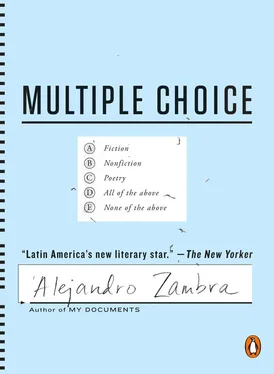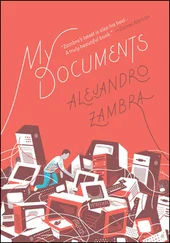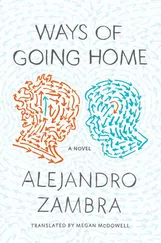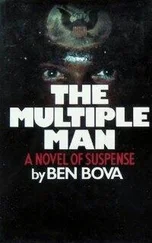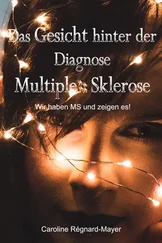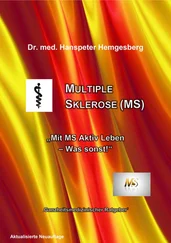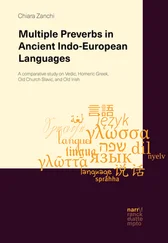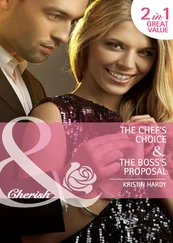We were quiet; it was late by then, almost nighttime. He sat down looking absorbed, thoughtful. “I didn’t get a high score,” he said, when it seemed there wouldn’t be any more words. “I was the best in my class, in my whole school. I never cheated on an exam, but I bombed the aptitude test, so I had to major in religious education. I didn’t even believe in God.”
I asked him if now, as a Metro conductor, he earned more money. “Twice as much,” he replied. I asked him if he believed in God now, and he answered that yes, now more than ever, he believed in God. I’ll never forget his gesture then: with a lit cigarette between his index and middle fingers, he looked at the back of his hand as if searching for his veins, and then he turned it over, as if to make sure that his life, head, and heart lines were still there.
We said good-bye as if we were or had once been friends. He went into the cinema, and we headed down Bulnes toward Parque Almagro to smoke a few joints.
__________
I never heard anything more about Segovia. Sometimes on the Metro, when I get into the first car, I look toward the conductor’s booth and imagine that our teacher is in there, pressing buttons and yawning. As for the Covarrubias twins, they’ve gained a certain amount of fame, and as I understand it, they never separated again. They became identical lawyers; I hear it’s hard to tell which is the more brilliant and which the more corrupt. They have a firm in Vitacura, and they charge the same rate. They charge what such good service is worth: a lot.
Exercises:
67. According to the text, the Covarrubias twins’ experience in their new school:
(A) Marked their final break with the values their parents had instilled in them.
(B) Was traumatic, because it forced them to make rash decisions and separated them for good.
(C) Gradually shaped them into productive individuals who contributed to Chilean society.
(D) Transformed two good and supportive brothers into unscrupulous sons of bitches.
(E) Marked the start of a difficult period, from which they emerged stronger and ready to compete in this ruthless and materialistic world.
68. The best title for this story would be:
(A) “How to Train Your Twin”
(B) “To Sir, with Love”
(C) “Me and My Shadow”
(D) “Against Lawyers”
(E) “Against Twin Lawyers”
69. Regarding multiple-choice tests, the author affirms that:
I. They were regularly used at that particular school in order to prepare students for the university entrance exams.
II. It was easier to cheat on those tests, any way you looked at it.
III. They did not require you to develop your own thinking.
IV. With multiple-choice tests, the teachers didn’t have to make themselves sick in the head by grading all weekend long.
V. The correct choice is almost always D.
(A) I and II
(B) I, III, and V
(C) II and V
(D) I, II, and III
(E) I, II, and IV
70. The fact that Mr. Luis Antonio Covarrubias divided his name between his twin sons indicates that he was:
(A) Innovative
(B) Ingenious
(C) Unbiased
(D) Masonic
(E) Moronic
71. One can infer from the text that the teachers at the school:
(A) Were mediocre and cruel, because they adhered unquestioningly to a rotten educational model.
(B) Were cruel and severe: they liked to torture the students by overloading them with homework.
(C) Were deadened by sadness, because they got paid shit.
(D) Were cruel and severe, because they were sad. Everyone was sad back then.
(E) The kid next to me marked C, so I’m going to mark C as well.
72. From this text, one infers that:
(A) The students cheated on tests because they lived under a dictatorship, and that justified everything.
(B) Cheating on tests isn’t so bad as long as you’re smart about it.
(C) Cheating on tests is part of the learning process for any human being.
(D) The students with the worst scores on the university entrance exams often become religion teachers.
(E) Religion teachers are fun, but they don’t necessarily believe in God.
73. The purpose of this story is:
(A) To suggest a possible work opportunity for Chilean students who perform well academically but are poor (there aren’t many, but they do exist): they could take tests for students who are lazy and rich.
(B) To expose security problems in the administration of the university entrance exams, and to promote a business venture related to biometric readings, or some other system for definitively verifying the identities of students
(C) To promote an expensive law firm. And to entertain.
(D) To legitimate the experience of a generation that could be summed up as “a bunch of cheaters.” And to entertain.
(E) To erase the wounds of the past.
74. Which of Mr. Segovia’s following statements is, in your opinion, true?
(A) You weren’t educated, you were trained.
(B) You weren’t educated, you were trained.
(C) You weren’t educated, you were trained.
(D) You weren’t educated, you were trained.
(E) You weren’t educated, you were trained.
I suppose we were happy on my wedding day, though it’s hard for me to imagine it now; I can’t fathom how during such a bitter time any sort of happiness was possible. This was September 2000, fourteen years ago, which is a lot of time: 168 months, more than five thousand days.
The party was memorable, that’s for sure, especially after that soulless, torturous ceremony in our apartment. We’d done a thorough cleaning the night before, but I think our relatives still whispered about us as they left, because there’s no denying that those threadbare armchairs and the wine-stained walls and carpeting didn’t give the impression of a place that was fit for a wedding.
The bride — of course I remember her name, though I think eventually I’ll forget it, someday I will even forget her name — looked lovely, but my parents just couldn’t understand why she would wear a black dress. I wore a gray suit so shiny and shabby that an uncle of the bride’s said I looked more like an office gofer than a groom. It was a classist and stupid comment, but it was also true, because that was precisely the suit I’d worn when I worked as an office gofer. I still associate it, more than with the wedding, with those endless days I spent walking around downtown or waiting in line at some bank, with humiliatingly short hair and a cornflower blue tie that could never be loosened enough.
Luckily, the official from the civil registrar left straightaway, and after the champagne and modest hors d’oeuvres — I remember with shame that the potato chips were all crushed — we had a long lunch, and we even had time to take a nap and change clothes before our friends began to arrive, bringing, as we’d requested, generous alcoholic contributions instead of gifts. There was so much booze that pretty soon we were sure we wouldn’t be able to drink it all, and because we were high that seemed like a problem. We debated the issue for a long time, although (since we were high) maybe it wasn’t really that long.
Then Farra carried in an enormous, empty twenty-five-liter drum he had in his house for some reason, and we started to fill it up, dumping bottles in haphazardly while we half-danced, half-shouted. It was a risky bet, but the concoction — that’s what we called it, we thought the word was funny — turned out to be delectable. How I would love to go back to the year 2000 and record the exact combination that led to that unexpected and delicious drink. I’d like to know exactly how many bottles or boxes of red and how many of white went in, what was the dosage of pisco, of vodka, of whiskey, tequila, gin, whatever. I remember there was also Campari, and anise, mint, and gold liqueurs, some scoops of ice cream, and even some powdered juice in that unrepeatable jug.
Читать дальше
